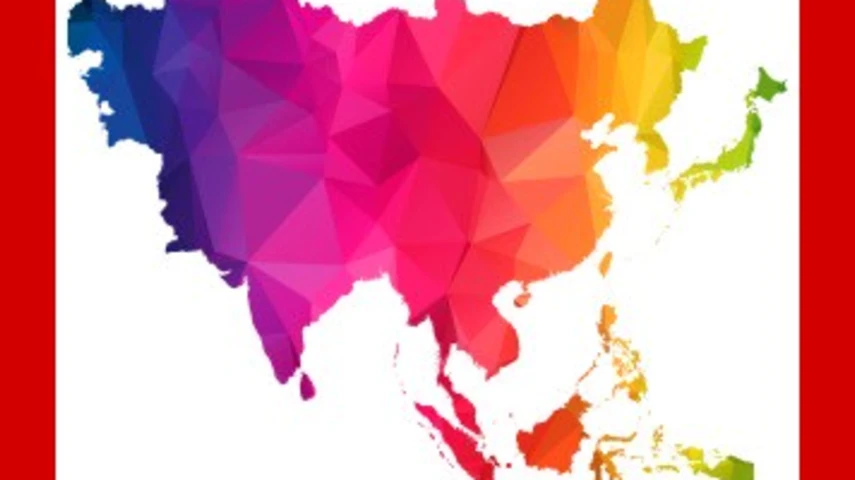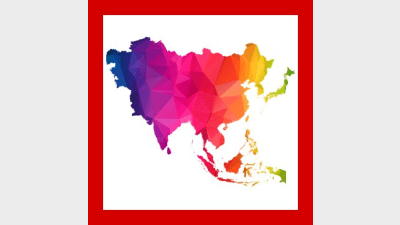Avoiding China? Alternative Asian markets for EM exposure



Countries such as Vietnam, Indonesia and Taiwan present attractive opportunities for investors seeking exposure to Asian emerging markets away from a coronavirus-hindered China.
Daniel Graña, emerging market equity portfolio manager at Janus Henderson, said there were numerous factors affecting the attractiveness of China as an investment destination, not only the impact of coronavirus. These included the cut in interest rates, income tax cuts and currency depreciation.
“Interest rates have been cut and the cash ratio is now lower than the Global Financial Crisis. Despite the financial system being flooded with liquidity, money supply growth has remained static. Infrastructure spending is leverage intensive and would push China’s debt levels higher. Concerns over medium-term financial stability now outweigh the perceived benefits of stimulating the property market,” he said.
“Income tax cuts and other consumption-friendly measures are unlikely to have any desirable impact. We also believe that currency depreciation will not substantially help, given China’s already high global export market share and rising global protectionism.”
Instead, countries in South East Asia such as Indonesia, Vietnam and Taiwan were appealing for their macroeconomic fundamentals and appealing equities as well as having solid Government policies.
“Vietnam in particular remains an attractive destination for direct foreign investment and continues to be a successful export platform, helping to diversify supply chains as it benefits from competitive labour costs. As a result, these countries currently provide good hunting grounds to closely examine company fundamentals and corporate governance credentials,” he said.
The MSCI Taiwan had, in particular, been a stand-out stockmarket in the past year with returns of 30%, double the returns of MSCI World, according to FE Analytics.
One country which Graña had mixed views on was Brazil, which, he said, was a “new hope for Ems” but was coming from a “compromised” starting point. The biggest problem was the country’s gross public debt which was 80% as a percentage of GDP but Graña said there were opportunities for the country to improve its circumstances.
“Opportunities are likely to emerge if the Government can continue to enact growth-enhancing reforms to reduce debt. These include pension reform, anti-corruption initiatives, education system improvements, infrastructure enhancements and corporate competitiveness,” Graña said.
“We believe the country’s large output gap and a record low interest rate could translate into an improved economy for Brazil in 2020.”
Performance of MSCI Taiwan, Indonesia and Vietnam v MSCI World over one year to 28 February, 2020
Recommended for you
Global asset manager Janus Henderson could be acquired after receiving a non-binding acquisition proposal jointly from a private investment firm and venture capital firm.
Investment manager Salter Brothers has partnered with private equity firm Kilara Capital to launch an Australian sustainable investment platform focusing on decarbonisation.
Fresh off launching three active ETFs to the Australian market, Avantis Investors is already planning to expand its range with two further products next year.
Ausbil is growing its active ETF range with an ESG product in collaboration with sister company Candriam.












